Music Hall, Aberdeen
Thu 23 Mar 2023 7.30pm
Usher Hall, Edinburgh
Fri 24 Mar 7.30pm
SEC Armadillo, Glasgow
Sat 25 Mar 7.30pm

Sponsored by



Music Hall, Aberdeen
Thu 23 Mar 2023 7.30pm
Usher Hall, Edinburgh
Fri 24 Mar 7.30pm
SEC Armadillo, Glasgow
Sat 25 Mar 7.30pm

Sponsored by



Our key differentiators:
• Top branded products

• Sound professional advice
• Superb service
Long-term sponsor of the Royal Scottish National Orchestra




Sundays once a month
Virtuoso Saxophone
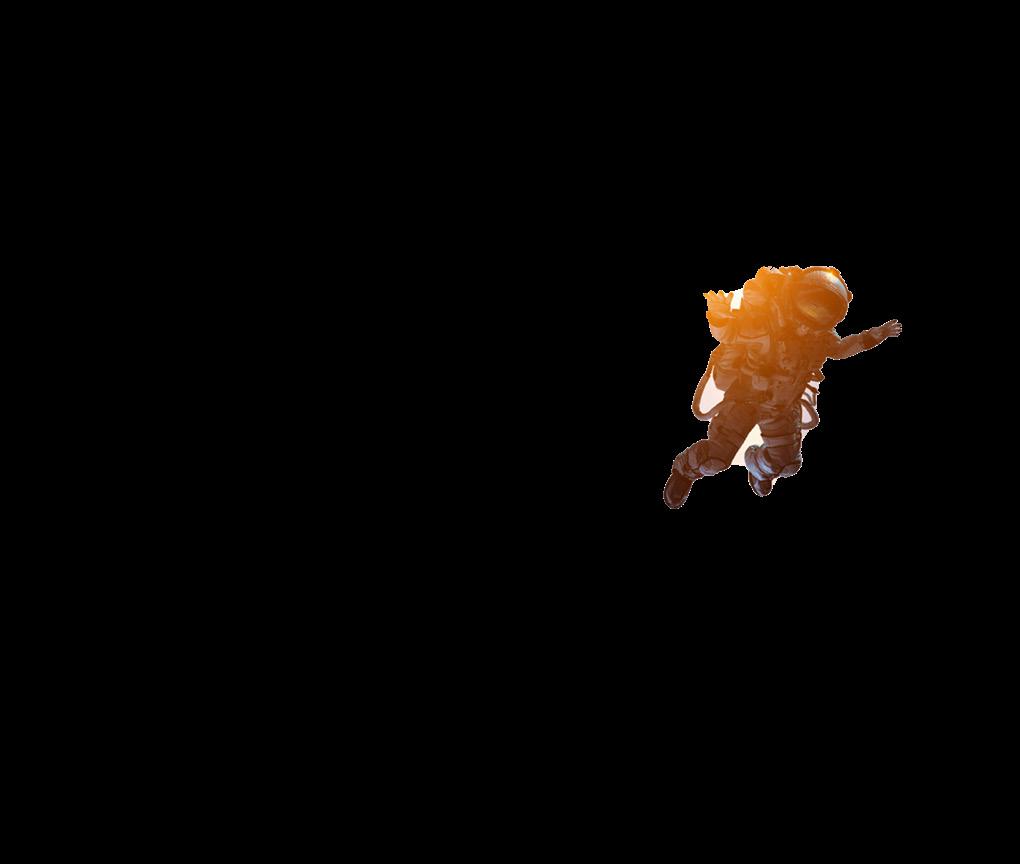
Music with Dean Walker Garrity
Sun 26 Mar | 3pm
Ryan Corbett
Accordion Recital
Sun 30 Apr | 3pm
Ticket prices
Lara Melda Piano Recital
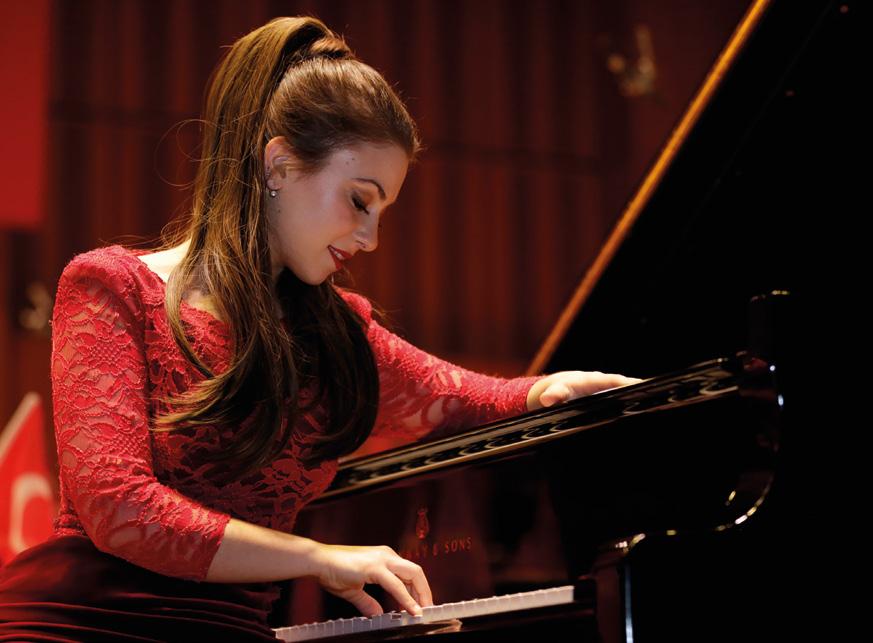
Sun 14 May | 3pm
John Butt Plays
Bach's Goldberg
Variations
Sun 4 Jun | 3pm
With over 50 nominations and five awards, no movie composer has conquered the Oscars as completely as John Williams. And with scores like Star Wars, Superman: The Movie, E.T. the Extra-Terrestrial, Jurassic Park and Saving Private Ryan, that’s no surprise! These favourites – and many more – are played live tonight by the Royal Scottish National Orchestra in this full-scale symphonic tribute.
Superman March from Superman: The Movie [5’]
Theme from Jurassic Park [5’]

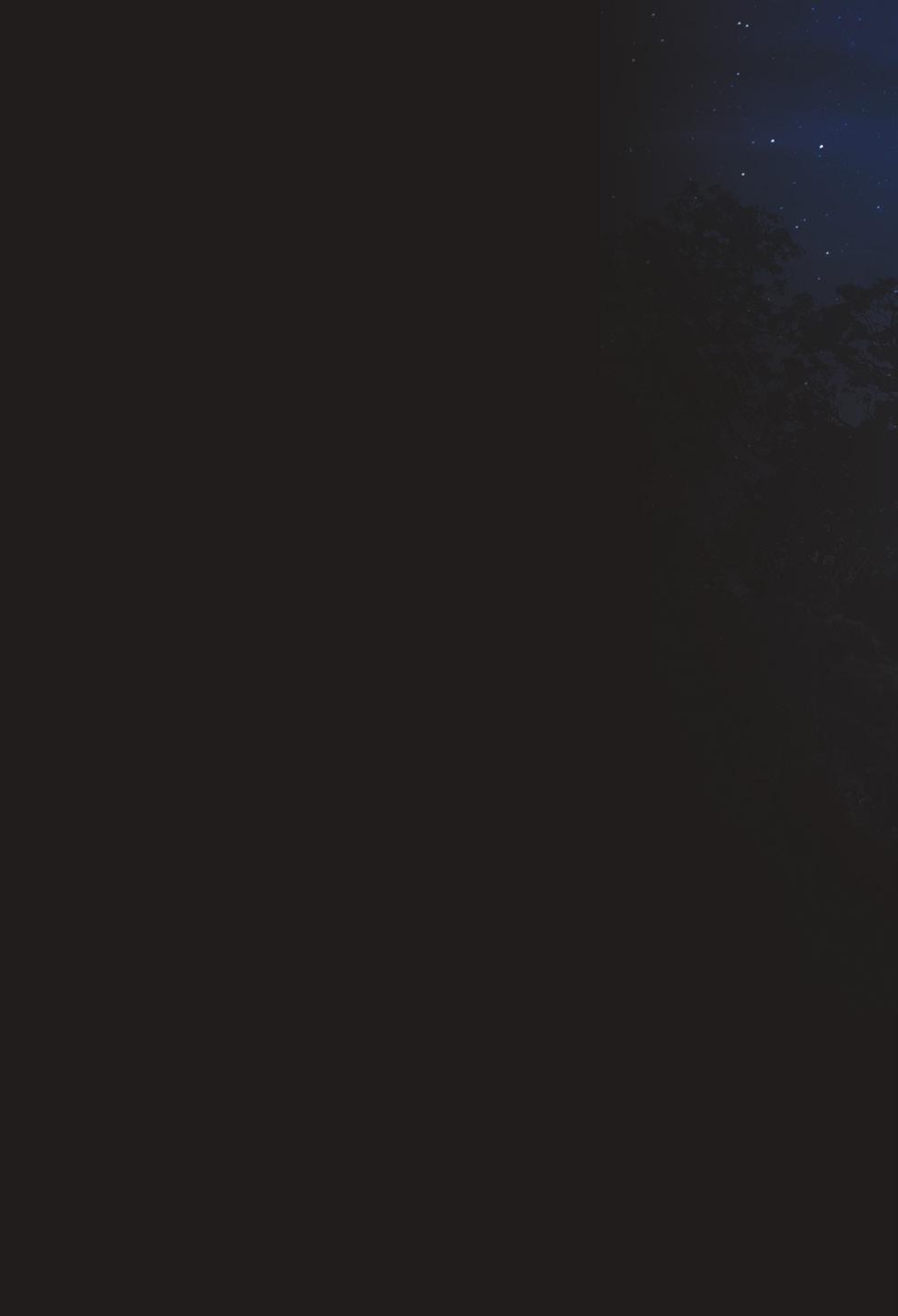
Dartmoor 1912 from War Horse [7’]
The Chamber of Secrets from Harry Potter and the Chamber of Secrets Suite [4’]
Born on the Fourth of July [5’]
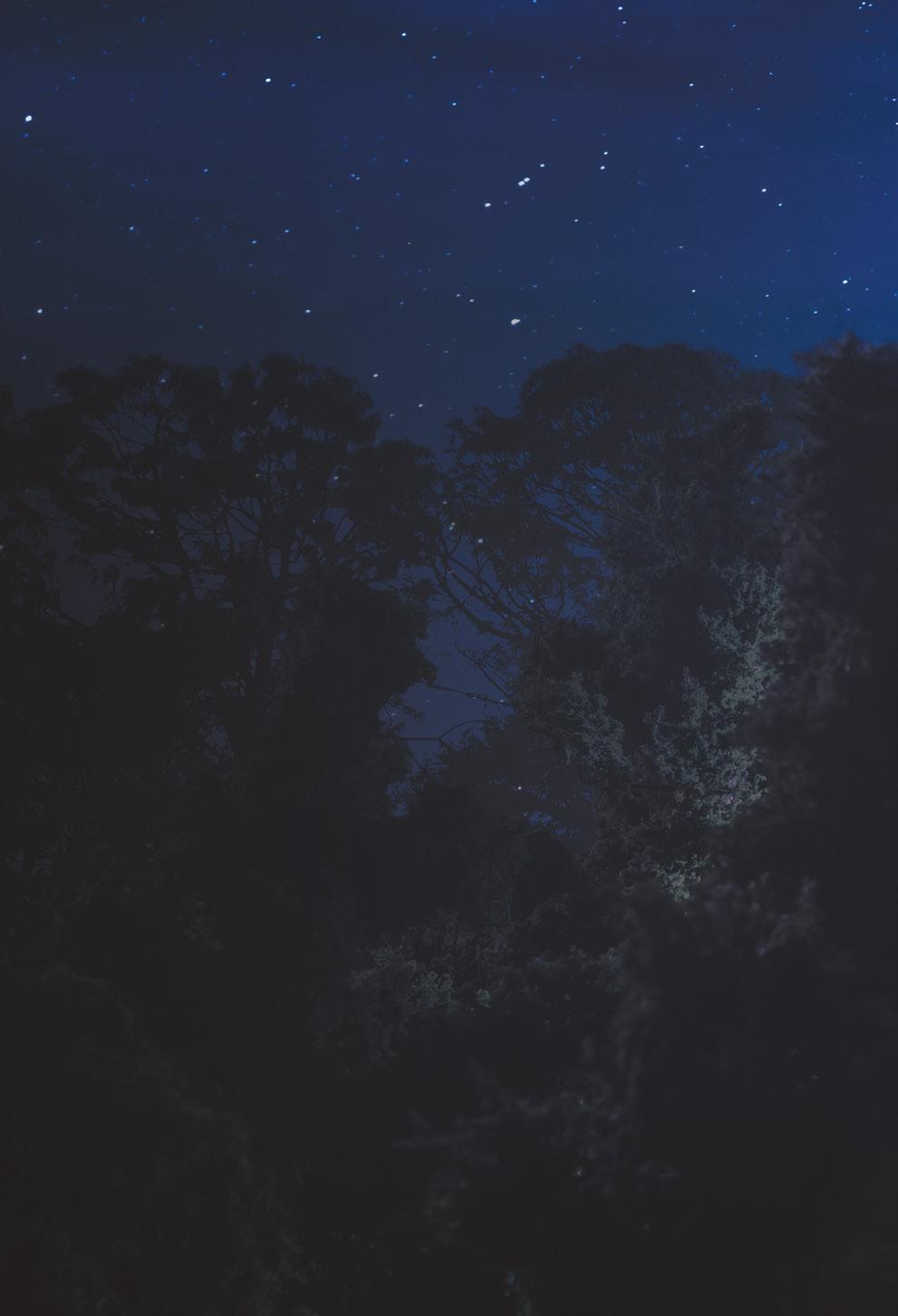
Hymn to the Fallen from Saving Private Ryan [6’]
Adventures on Earth from E.T. the Extra-Terrestrial [10’] INTERVAL
Suite from Far and Away [8’]

Closing In from Catch Me If You Can: Escapades for Alto Saxophone and Orchestra [4’]
Raiders March from Raiders of the Lost Ark [5’]
The Shark Theme from Suite from Jaws [2’]
The Duel from The Adventures of Tintin: The Secret of the Unicorn [3’]
Flight to Neverland from Hook [5’]
Yoda’s Theme from Star Wars Suite [4’]
Main Title from Star Wars Suite [5’]
Robert Baxter Conductor Tommy Pearson Presenter Royal Scottish National Orchestra
This concert is dedicated to the memory of Tom Flockhart, a great friend and supporter of the Royal Scottish National Orchestra
Sponsored by
If viewing these notes at the concert, please do so considerately and not during performances.
Please silence all mobile telephones and alerts, and refrain from taking photographs, without flash, until the end of each piece.
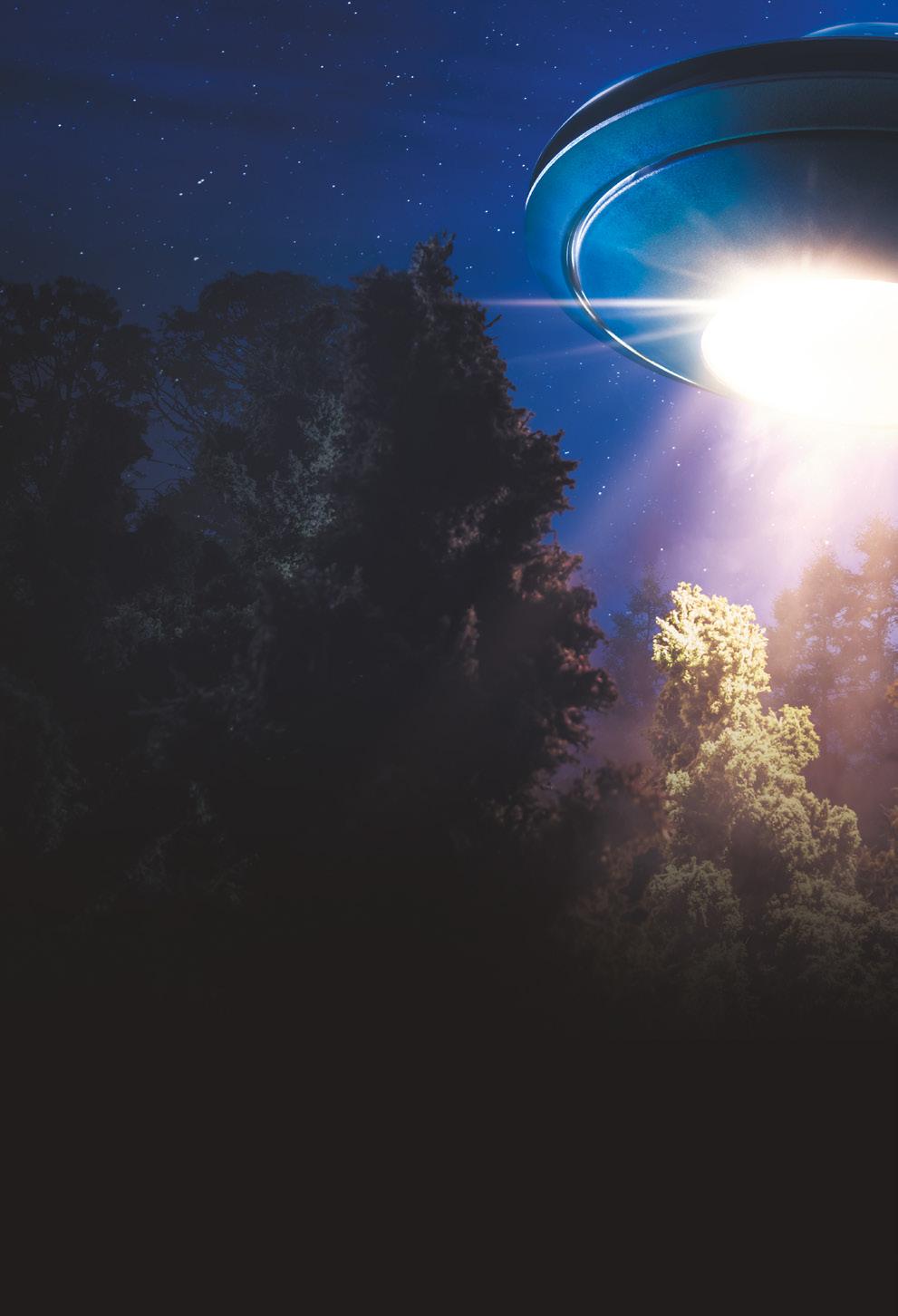
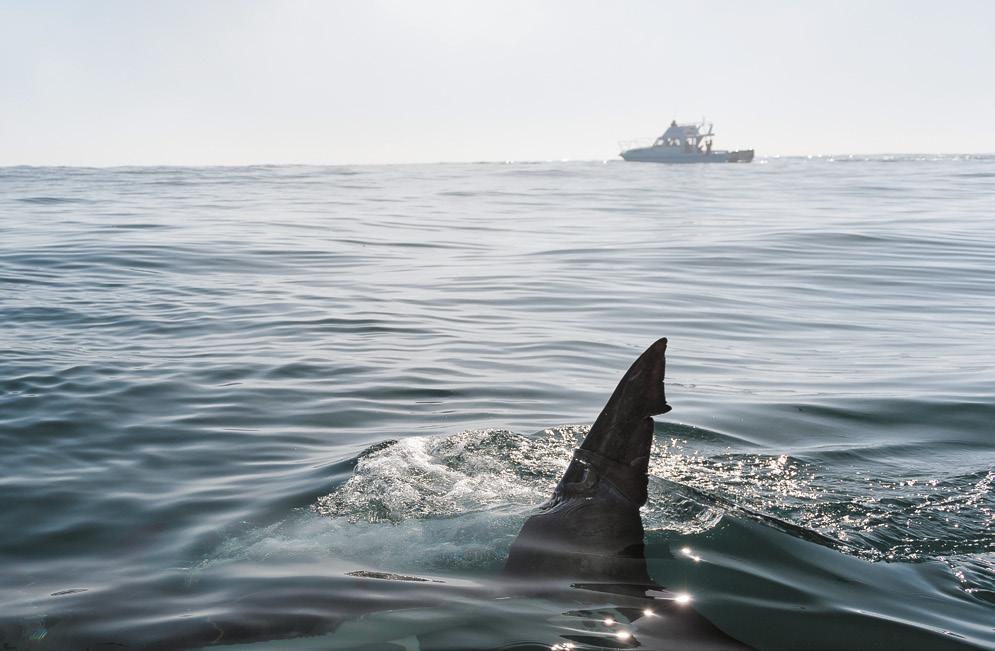
The American Academy of Motion Picture Arts and Sciences has given awards for artistic and technical merit in the film industry since 1929. They are an international recognition of excellence in cinematic achievement, with each winner awarded a golden statuette, depicting a knight replete with sword, standing on a reel of film, rendered in true 1920s Art Deco style. Officially known as the Academy Award of Merit, since 1931 it has been referred to colloquially as an ‘Oscar ’ (named allegedly by legendary actress Bette Davis).
A lot has changed since the first private Academy Awards ceremony on 16 May 1929; few of those present could have conceived the technical advances in filmmaking that have taken place in the last 30 years alone, never mind the previous 60, and fewer still would have imagined how socially inclusive society, cinema and the awards would become. But these awards are still the benchmark by which all aspects of excellence in cinema are judged, and no artist in the history of the Oscars has embraced the new while sustaining the old like John Williams.
Williams is the most-nominated living artist in the history of the Academy Awards. In fact, he’s not far off being the most nominated artist of all time. That accolade is currently held by Walt Disney, with 59 nominations (and 22 wins) to Williams’ 53.
John Williams was born in New York in 1931. A talented pianist, composer and orchestrator who studied at the city’s Juilliard School, he appeared on the scene in Los Angeles in the early 1950s as part of the post-war renaissance in film production and the development of the newfangled medium of television. While still much in demand as a session pianist in Hollywood’s many orchestras, he found himself turning more and more to composing, having already worked as assistant and orchestrator with his hero Bernard Herrmann (who wrote so many great scores for Alfred Hitchcock) and with pianist André Previn, for whom he arranged some fine big-band jazz albums. Cutting his teeth in TV, Williams moved full time to feature films, for which he produced some of the most famous and treasured music of our time. But we’ll begin our journey in the late 1970s with a visitor from the planet Krypton …
The Main Title from 1978’s Superman: The Movie is one of the most instantly recognisable pieces of orchestral music. The symphonic score that accompanied the film revived, along with Williams’ work on Star Wars and Close Encounters of the Third Kind, an approach so crucial to adventure films from the late 1930s to the mid-1960s with such success that there can be few listeners anywhere who do not know this music immediately – and few fans who aren’t immediately stirred by it. From the
vantage point of 2023, the film and its effects may be a little dated, but it is unquestionably the movie that kickstarted the renaissance for superheroes on the big screen, and Williams’ main theme alone can make you believe a man can fly.
As Superman has done for superheroes, so Jurassic Park has done for monster movies. Written in 1993, the same year as Schindler ’s List, which was also a major award-winner, Williams’ score for Jurassic Park may have been somewhat overshadowed by both Schindler ’s List and CGI lizards. However, this groundbreaking and hugely successful dinosaur movie has a score that has real majesty and befits the enormous and glorious creatures that Steven Spielberg brought to life on the screen.
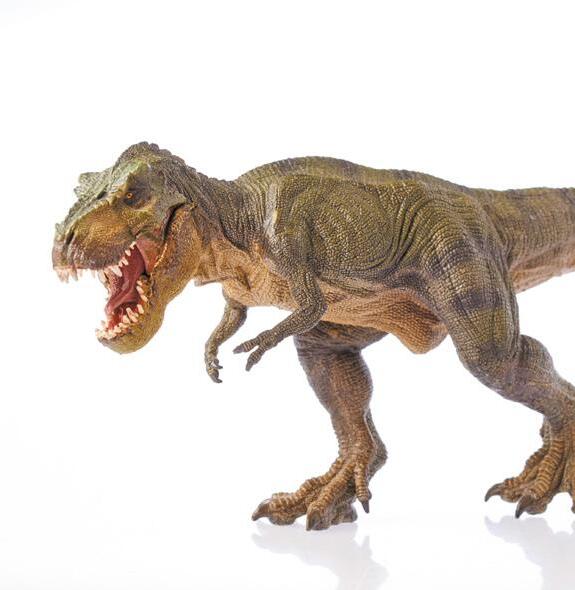
Spielberg ’s 2011 film adaptation of Michael Morpurgo’s War Horse, about a boy and his horse who fight in the First World War, is made even more real and powerful with the emotion of Williams’ score. Spielberg said that when Williams asked him to come and listen to his early ideas for the score to War Horse, ‘I came over to his piano and he played me four different sketches and I cried four different times.’ The score opens with Dartmoor 1912, a moment of enormous pastoral charm, featuring solo flute.
Unlike Star Wars and Superman with their grand fanfares, the original Harry Potter film and its many sequels had more subtle and ethereal themes. In Harry Potter and the Chamber of Secrets we meet the shy ghost, Myrtle. Williams uses chromatic scale-based, winding motifs on the celeste and shimmering glissandos on the harp to bring Myrtle’s translucent appearance to life and illustrate her eternal pain.

The many wars of the 20th century and their aftermath

have played a huge role in Williams’ works, including our next two selections, the first from Oliver Stone’s 1989 Born on the Fourth of July, which follows a passionately patriotic teen from volunteering for the Vietnam War to becoming an embittered veteran paralysed from the mid-chest down. Williams’ score was nominated for the Oscar, losing out to The Little Mermaid, but it serves as a beautifully melancholic voice for the disillusioned.
The years shortly before and during the Second World War have proved a rich vein of inspiration to Spielberg. In 1998’s Saving Private Ryan he pays just tribute to the heroes of the Normandy Landings on D-Day in an intensely moving and often violently graphic film. Williams was once again nominated by the Academy for Best Original Score (Spielberg won Best Director), and The Hymn to the Fallen is a noble and elegant theme evoking a solemn air of tribute to those who, in the words of Vice President Wallace, ‘spoke for the common man in terms of blood on the battlefield’.
In 1982, following up on the far-reaching intergalactic adventures of Star Wars and The Empire Strikes Back (Return of the Jedi was not to come until 1983), Spielberg ’s E.T. the Extra-Terrestrial, with a score by Williams, came as a bit of a surprise. Despite the title’s promise of a ‘creature from outer space’, it took place not in
RSNO: Scotland’s National Orchestrathe far future but in contemporary Los Angeles and dealt with a sad little boy with a troubled home life who finds the courage to help the very non-scary extra-terrestrial to ‘phone home’. This score is one of Williams’ finest, and one of the finest in the history of film, especially E.T.’s Adventures on Earth and the exciting finish, in which E.T. helps the boys to fly their bikes as they race to meet a spaceship which has come to rescue the little alien.
Ron Howard’s 1992 film Far and Away starred Tom Cruise and Nicole Kidman in a saga of Irish immigration to America in the 1890s. Drawing on the rich tradition of Irish folk music as its inspiration, the score features a mixture of traditional Irish instrumentation and conventional orchestra. In this sweeping score Williams wrote enormously evocative themes, beautifully capturing and enhancing the mood and the era portrayed in the
Williams is a fine jazz pianist, and in the 1950s occupied the piano chair in Henry Mancini’s studio orchestra. He has often used jazz forms and styles in his scores, from the Mos Eisley Cantina in Star Wars to the thrillingly authentic ballroom brawl in Spielberg ’s wartime comedy 1941. In 2002’s Catch Me If You Can (another Spielberg/Williams collaboration), he put together a bebopinflected concerto grosso for strings, marimba and two jazz soloists – alto saxophone and double bass. Set in the aspirational 1960s and starring Leonardo DiCaprio and Tom Hanks, the idea of a conman posing as a pilot or doctor in our post-September 11th world has quite disturbing resonances. But Williams’ score, like Spielberg ’s film, loiters on the light-hearted and was nominated for Best Original Score at the 75th Academy Awards.
Perhaps Spielberg ’s greatest ability is his knack for producing great adventures, and this was certainly the case with the first film in the
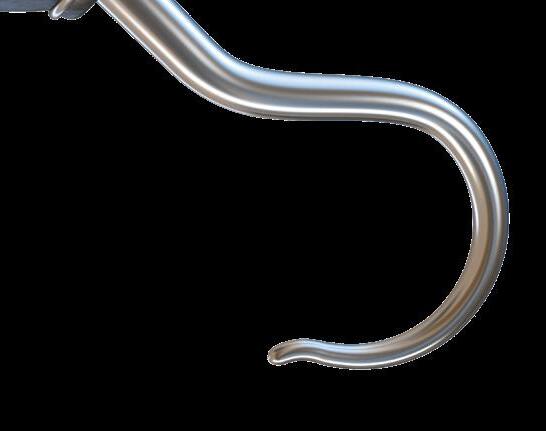
Indiana Jones franchise, Raiders of the Lost Ark. Pits full of snakes, nasty Nazis and the wrath of the Almighty lead to one astonishing cliffhanger after another, and Williams’ rousing and iconic Raiders March has come to symbolise Indiana Jones. The soundtrack received an Oscar nomination for Best Original Score but lost out to Vangelis’ synthesiser-based score for Chariots of Fire
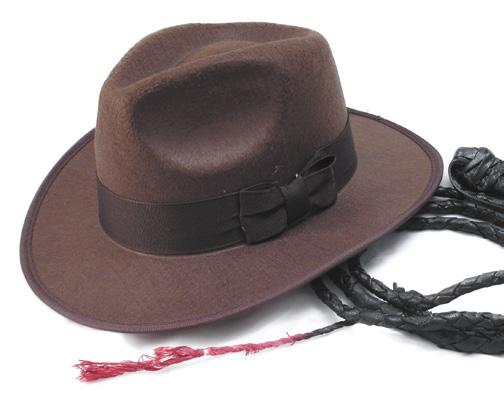
Though Williams was nominated for his first Oscar in 1968 for Valley of the Dolls and won his first in 1972 for Fiddler on the Roof, his real breakthrough came in 1975 with Spielberg ’s take on Peter Benchley ’s blockbuster novel about a small American seaside resort terrorised by a great white shark; Jaws. Try to imagine the film without Williams’ incessant two-note bass ostinato … doesn’t quite pack the same punch, does it? Like Herrmann’s famous stabbing motif in Hitchcock’s Psycho, it almost becomes a character itself, and it won Williams the Oscar for Best Original Score.
Williams’ ability to conjure up seascapes is on a par with his great musical hero Erich Korngold, and after Jaws we continue with not one, but two. The first, in the finest Korngoldian swashbuckling tradition, is from Spielberg’s 2011 animated feature The Adventures of Tintin, based on Hergé’s famous boy reporter. The second is 1991’s Hook, one of the most
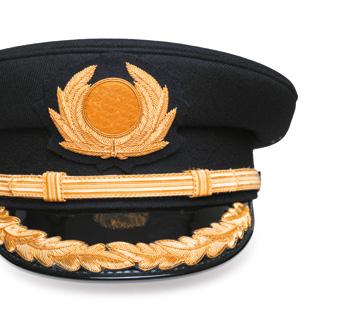 8 John Williams at the Oscars
8 John Williams at the Oscars
magical of all Williams’ scores, in which a now grown-up and respectable Peter Pan rescues his own children from the clutches of the wicked Captain Hook. As collaborations between Spielberg and Williams go, the complexity and grandeur of these scores have earned them a spot next to Star Wars and Jaws
But we end with the score that everyone wants to hear. When the young screenwriter and director George Lucas was looking for a composer to bring some much-required gravitas to his fledgling Skywalker saga, his friend Steven Spielberg suggested John Williams, who had brought that very thing to the 1975 film Jaws. In the early 1970s, many film studios had given up on the idea of the full-scale original score, so it came as a surprise to many young filmgoers to hear the symphonic score for full orchestra that Williams created for Star Wars, drawing upon the rich romantic
sounds of the 19th century, on ‘leitmotiv’ techniques borrowed from Wagnerian opera, creating and reworking specific themes for characters and events. It won the Academy Award for Best Original Score in 1977. George Lucas refers to Williams as the ‘Secret Sauce of Star Wars’, and the film’s Main Title is surely the most instantly recognisable film theme of all time.


At the 2023 Academy Awards, Williams made history by becoming the oldest-ever nominee for a competitive Oscar, at the age of 91, for The Fabelmans. There’s no question that John Williams is the greatest composer of feature film soundtracks of our age. For over five decades he has been, not only among the Hollywood elite, but with the public at large, the composer who provides musical, lyrical and cultural gratification in films over and over again.
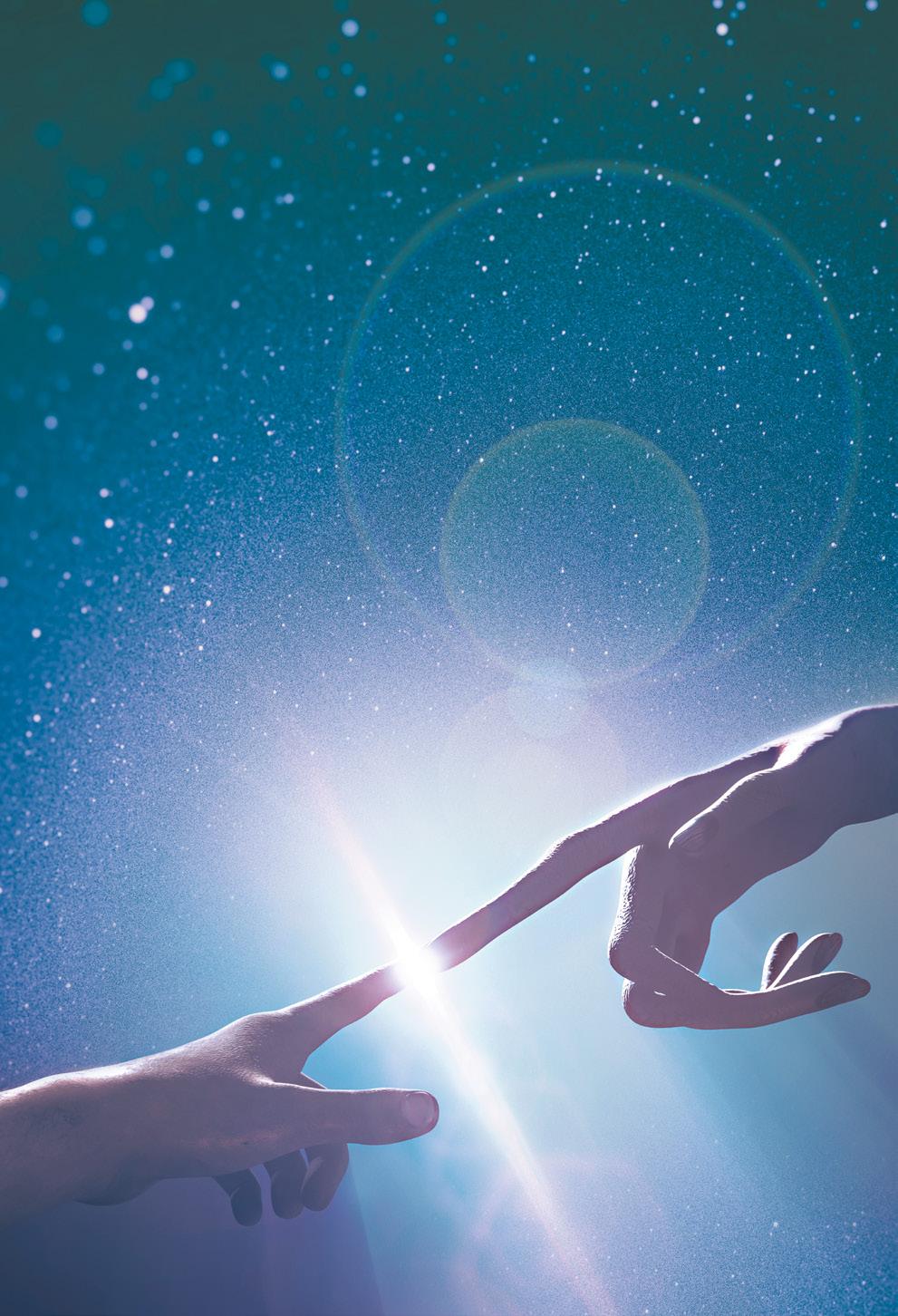 © Stephen Duffy
RSNO: Scotland’s National Orchestra 9
© Stephen Duffy
RSNO: Scotland’s National Orchestra 9
In March 2015 Tommy produced Interstellar Live, a sold-out screening of the sci-fi epic at the RAH with composer Hans Zimmer and orchestra playing the score live, plus a preconcert talk with Professor Stephen Hawking, Kip Thorne, Brian Cox and director Christopher Nolan.
Other live film events Tommy has produced include Independence Day Live and Brassed Off at the RAH, North by Northwest at the London Coliseum, Planet of the Apes at the Royal Festival Hall and Touching the Void at the Barbican, all featuring the scores played live.
Tommy Pearson has been a familiar figure in the UK music world for nearly 25 years. After an early career as a percussionist and composer, he became one of the busiest voices on BBC Radio, presenting most of Radio 3’s main strands and regularly appearing on Radio 4 and as a host of the BBC Four TV Proms coverage.
Film music has dominated much of Tommy’s career, as concert producer, host and broadcaster. He has produced and hosted major concerts around the world, including the World Soundtrack Awards in Ghent; concerts with actor Sir Anthony Hopkins, which resulted in a No1 album; and A Night Out with Sir Michael Caine, a gala charity event at the Royal Albert Hall in 2014 featuring the iconic actor interviewed by Jonathan Ross, with the London Symphony Orchestra and special guests including Quincy Jones, Joss Stone, Steve Coogan and Rob Brydon.
As a filmmaker, Tommy has made promos and online content for clients such as the BBC, EMI, Universal Music Group, Boosey & Hawkes, LSO, Los Angeles Philharmonic and many individual artists. Sky Arts have broadcast a number of his programmes, including King’s Singers Christmas and Live from Wigmore Hall
In his spare moments, Tommy enjoys playing percussion, cycling and racing go-karts – not usually at the same time.
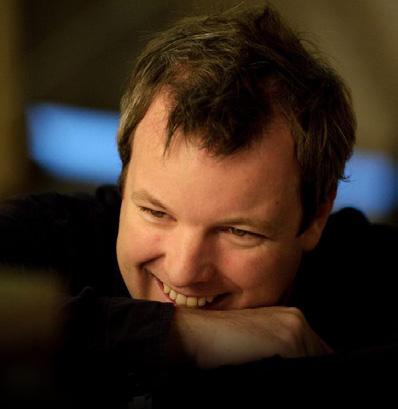
Since graduating as a trumpet player from the Royal Conservatoire of Scotland, Robert has worked extensively with all the orchestras in Scotland. Further afield, he has performed with the Mahler Chamber Orchestra, Manchester Camerata, Singapore Symphony Orchestra, Tenerife Symphony Orchestra and New London Consort, to mention a few. He studied conducting with Ilan Volkov and Kristian Kluttig.
Robert Baxter is a regular guest conductor for Scottish Ballet, and has conducted The Nutcracker, Coppélia, The Scandal at Mayerling, Dextera, Cinderella and The Snow Queen at theatres throughout the UK. His debut with the RSNO was conducting the British premiere of Gavin Bryars’ Viola Concerto with Morgan Goff at Glasgow’s Tramway and he has also conducted the premiere of the animated film Yoyo and the Little Auk with subsequent performances across Scotland. This season, Robert has conducted the RSNO for various Netflix soundtrack recordings.
Robert has conducted the Lithuanian State Symphony Orchestra and has been Musical Director for Colours Classical and Belle and Sebastian at the SSE Hydro in Glasgow and for Goodgreef Classical in England. He conducted at Celtic Connections for a BBC TV broadcast from Glasgow Royal Concert Hall with The Chieftains, Kris Kristofferson and Eddi Reader.
Robert has led hundreds of youth and community music projects, through which he has commissioned and premiered many new works, toured internationally and made numerous recordings. He is presently the creative lead for RSNO All Together Now, and is Musical Director of the Glasgow Chamber Orchestra and the Dunbartonshire Concert Band. He has been course director for NYOS Spring Academy, conducted the Gadfly Project with Dance House at Glasgow’s Theatre Royal and regularly guest conducts other community and regional youth orchestras. In 2021 he was delighted to receive the award from Making Music for the Best Instrumental Musical Director in recognition for his pioneering work involving online music making during the pandemic.
Robert is the Artistic Director and Trustee of Kessington Hall, a new rehearsal and performance arts venue in the north of Glasgow, and is currently chair of the trustees of the Scottish Schools Orchestra Trust.
 RSNO: Scotland’s National Orchestra 11
RSNO: Scotland’s National Orchestra 11
Formed in 1891 as the Scottish Orchestra, the company became the Scottish National Orchestra in 1950, and was awarded Royal Patronage in 1977. The Orchestra’s artistic team is led by Danish conductor Thomas Søndergård, who was appointed RSNO Music Director in October 2018, having previously held the position of Principal Guest Conductor. Hong Kong-born conductor Elim Chan succeeds Søndergård as Principal Guest Conductor.

The RSNO performs across Scotland, including concerts in Glasgow, Edinburgh, Dundee, Aberdeen, Perth and Inverness. The Orchestra appears regularly at the Edinburgh International Festival and the BBC Proms, and has made recent tours to the USA, China and Europe.
The Orchestra is joined for choral performances by the RSNO Chorus, directed by Stephen Doughty. The RSNO Chorus evolved from a choir formed in 1843 to sing the first full performance of Handel’s Messiah in Scotland. Today, the RSNO Chorus is one of the most distinguished large symphonic choruses in Britain. The Chorus has performed nearly every work in the standard choral repertoire, along with contemporary works by composers including John Adams, Howard Shore and Sir James MacMillan.
The RSNO has a worldwide reputation for the quality of its recordings, receiving a 2020 Gramophone Classical Music Award for Chopin’s Piano Concertos (soloist: Benjamin Grosvenor), conducted by Elim Chan; two Diapason d’Or awards for Symphonic Music (Denève/Roussel 2007; Denève/Debussy 2012) and eight GRAMMY Awards nominations. Over 200 releases are available, including Thomas Søndergård conducting Strauss (Ein Heldenleben, Der Rosenkavalier Suite) and Prokofiev (Symphonies Nos1 and 5), the complete symphonies of Sibelius (Gibson), Prokofiev (Järvi), Bruckner (Tintner) and Roussel (Denève), as well as further discs championing the music of William Grant Still (Eisenberg), Xiaogang Ye (Serebrier) and Thomas Wilson (Macdonald).
The RSNO’s pioneering learning and engagement programme, Music for Life, aims to engage the people of Scotland with music across key stages of life: Early Years, Nurseries and Schools, Teenagers and Students, Families, Accessing Lives, Working Lives and Retired and Later Life. The team is committed to placing the Orchestra at the centre of Scottish communities via workshops and annual residencies.
FIRST VIOLIN
Lena Zeliszewska
ASSOCIATE LEADER
Mihkel Kerem
Patrick Curlett
Evgeny Makhtin
Caroline Parry
Ursula Heidecker Allen
Elizabeth Bamping
Lorna Rough
Susannah Lowdon
Alan Manson
Liam Lynch
Michelle Dierx
Gillian Risi
Fiona Stephen
SECOND VIOLIN
Julia Noone
GUEST PRINCIPAL
Jacqueline Speirs
Marion Wilson
Harriet Hunter
Robin Wilson
Nigel Mason
Sophie Lang
Paul Medd
Kirstin Drew
Colin McKee
Eddy Betancourt
Seona Glen
VIOLA
Felix Tanner
ASSOCIATE PRINCIPAL
Susan Buchan
Lisa Rourke
Nicola McWhirter
Claire Dunn
Francesca Hunt
Katherine Wren
Abigail Hammett
David Martin
Thaddeus Chung
CELLO
Betsy Taylor
ASSOCIATE PRINCIPAL
Kennedy Leitch
Rachael Lee
Sarah Digger
Robert Anderson
Gunda Baranuaskaitė
Iain Ward
Miranda Phythian-Adams
DOUBLE BASS
Frank Dolman
GUEST PRINCIPAL
Michael Rae
Moray Jones
Alexandre dos Santos
Evangelos Saklaras
Olaya Garcia Alvarez
FLUTE
Katherine Bryan
PRINCIPAL
Helen Brew
Adam Richardson
OBOE
Adrian Wilson
PRINCIPAL
Peter Dykes
Fraser Kelman
CLARINET
Timothy Orpen
PRINCIPAL
Isha Crichlow
Duncan Swindells
PRINCIPAL BASS CLARINET
BASSOON
David Hubbard
PRINCIPAL
Luis Eisen
Paolo Dutto
PRINCIPAL CONTRABASSOON
HORN
Zoe Tweed
GUEST PRINCIPAL
Alison Murray
Andrew McLean
Jamie Sheild
Martin Murphy
TRUMPET
Christopher Hart
PRINCIPAL
Robert Smith
Brian McGinley
Rebecca Wilson
Mark Addison
TROMBONE
Dávur Juul Magnussen
PRINCIPAL
Lance Green
Alastair Sinclair
PRINCIPAL BASS TROMBONE
Symone Hutcheson
TUBA
John Whitener
PRINCIPAL
TIMPANI
Paul Philbert
PRINCIPAL
PERCUSSION
John Poulter
ASSOCIATE PRINCIPAL
Martin Willis
Colin Hyson
Julian Wolstencroft
Peter Murch
HARP
Pippa Tunnell
PIANO/CELESTE
Lynda Cochrane
SAXOPHONE
Lewis Banks



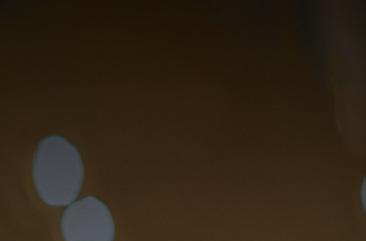
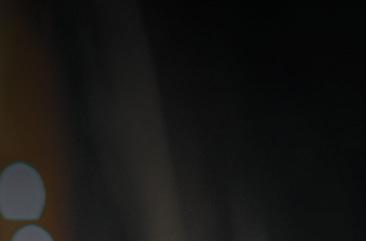
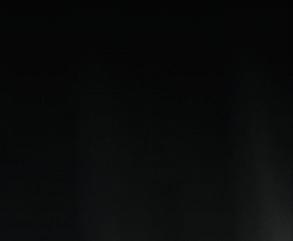
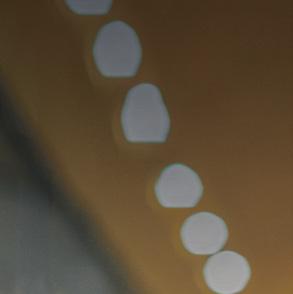

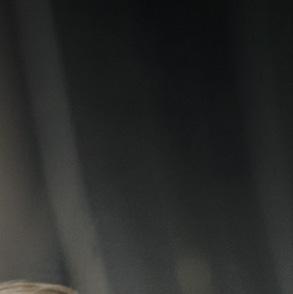

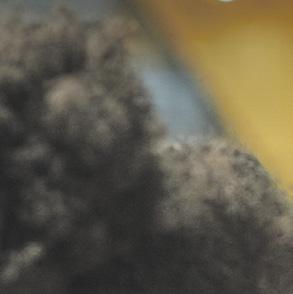
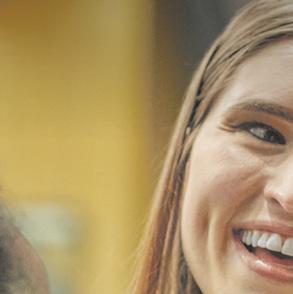
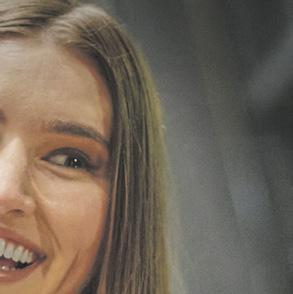
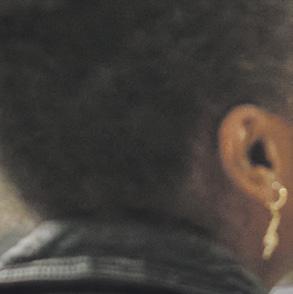
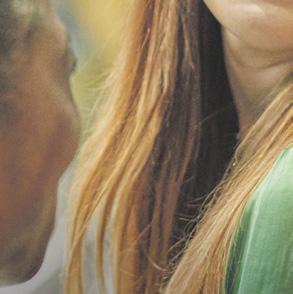
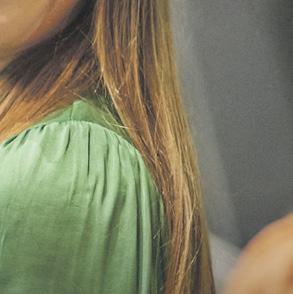

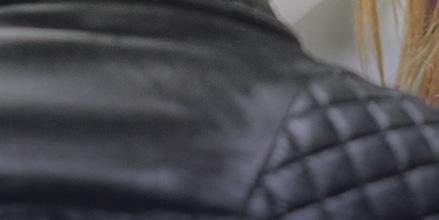
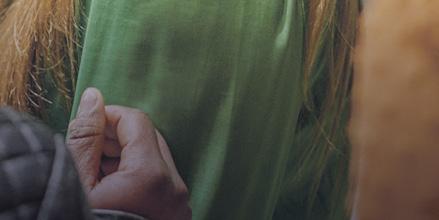
PATRON
Her Late Majesty The Queen
RSNO BOARD OF DIRECTORS
Elected Directors
Dame Susan Bruce DBE
CHAIR
John Heasley
HONORARY TREASURER
Kat Heathcote
Linda Holden
Neil McLennan
Costa Pilavachi
CHIEF EXECUTIVE
Alistair Mackie
Phoebe Connolly
EXECUTIVE ASSISTANT
Nicola Shephard
EXECUTIVE ASSISTANT (MATERNITY LEAVE)
CONCERTS
Dr Ingrid Bols
PLANNING OFFICER
Michael Cameron
DRIVER AND DEPUTY STAGE MANAGER
Emma Hunter
DEPUTY ORCHESTRA MANAGER
Ewen McKay
HEAD OF ORCHESTRA MANAGEMENT
Jim O’Brien
DRIVER AND ORCHESTRA TECHNICIAN
Richard Payne
LIBRARIAN
Tammo Schuelke
HEAD OF PLANNING
Craig Swindells
HEAD OF PRODUCTIONS
Matthias Van Der Swaagh
CONCERTS ADMINISTRATOR
Xander van Vliet
LIBRARY ASSISTANT
Christine Walker
CHORUS MANAGER
LEARNING AND ENGAGEMENT
Andy Stevenson
DIRECTOR OF ENGAGEMENT
Samantha Campbell
HEAD OF ENGAGEMENT (MATERNITY LEAVE)
David Robinson
Gurjit Singh Lalli
Jane Wood
Player Directors
Helen Brew
David Hubbard
Dávur Juul Magnussen
Sophie Lang
Paul Philbert
Lorna Rough
Nominated Director
Cllr Edward Thornley
THE CITY OF EDINBURGH COUNCIL
Chrissie Johnson
PROJECT MANAGER
Rosie Kenneally
LEAD PROJECT MANAGER
Rachel O’Connor
CREATIVE ASSISTANT
Rachel Pyke
PROJECT MANAGER
EXTERNAL RELATIONS
Dr Jane Donald DIRECTOR OF EXTERNAL RELATIONS
Lisa Ballantyne
PARTNERSHIPS OFFICER
Ian Brooke
PROGRAMMES EDITOR
Rosie Clark
EXTERNAL RELATIONS ADMINISTRATOR
Jessica Cowley
MARKETING MANAGER
Carol Fleming
HEAD OF MARKETING
Constance Fraser
COMMUNICATIONS AND MARKETING OFFICER
Torran McEwan
INDIVIDUAL GIVING AND PARTNERSHIPS
OFFICER
Jenny McNeely
HEAD OF INDIVIDUAL GIVING AND PARTNERSHIPS
Mirienne McMillan
SALES OFFICER
Graham Ramage
GRAPHICS AND NEW MEDIA DESIGNER
Kirsten Reid
TRUSTS AND PROJECTS COORDINATOR
Dr Naomi Stewart
HEAD OF TRUSTS AND PROJECTS
Sam Stone
INFORMATION SERVICES MANAGER
Youth Advisory Board
Nina Doig
Erin Findlay
Beth Peat
Annie Unieng
Company Secretary
Gordon Murray
RSNO COUNCIL
Baroness Ramsay of Cartvale
CHAIR
Ms Ruth Wishart
FINANCE AND CORPORATE SERVICES
Angela Moreland
CHIEF OPERATING OFFICER
Abby Dennison
FINANCE ADMINISTRATOR
Alice Gibson
FINANCE ADMINISTRATOR
Ted Howie
FACILITIES COORDINATOR
Lorimer Macandrew
VIDEO PRODUCER
Sam McErlean
SOUND ENGINEERING INTERN
Irene McPhail
ACCOUNTS AND PAYROLL ASSISTANT
Calum Mitchell
VIDEO PRODUCTION INTERN
Hedd Morfett-Jones
DIGITAL MANAGER
Susan Rennie
FINANCE MANAGER
Jade Wilson
FINANCE ASSISTANT
Royal Scottish National Orchestra 19 Killermont Street
Glasgow G2 3NX
W: rsno.org.uk
Scottish
FEATURING ORCHESTRAL MUSIC FROM THE LAST OF US • WORLD OF WARCRAFT • HALO CALL OF DUTY • FINAL FANTASY AND MORE!
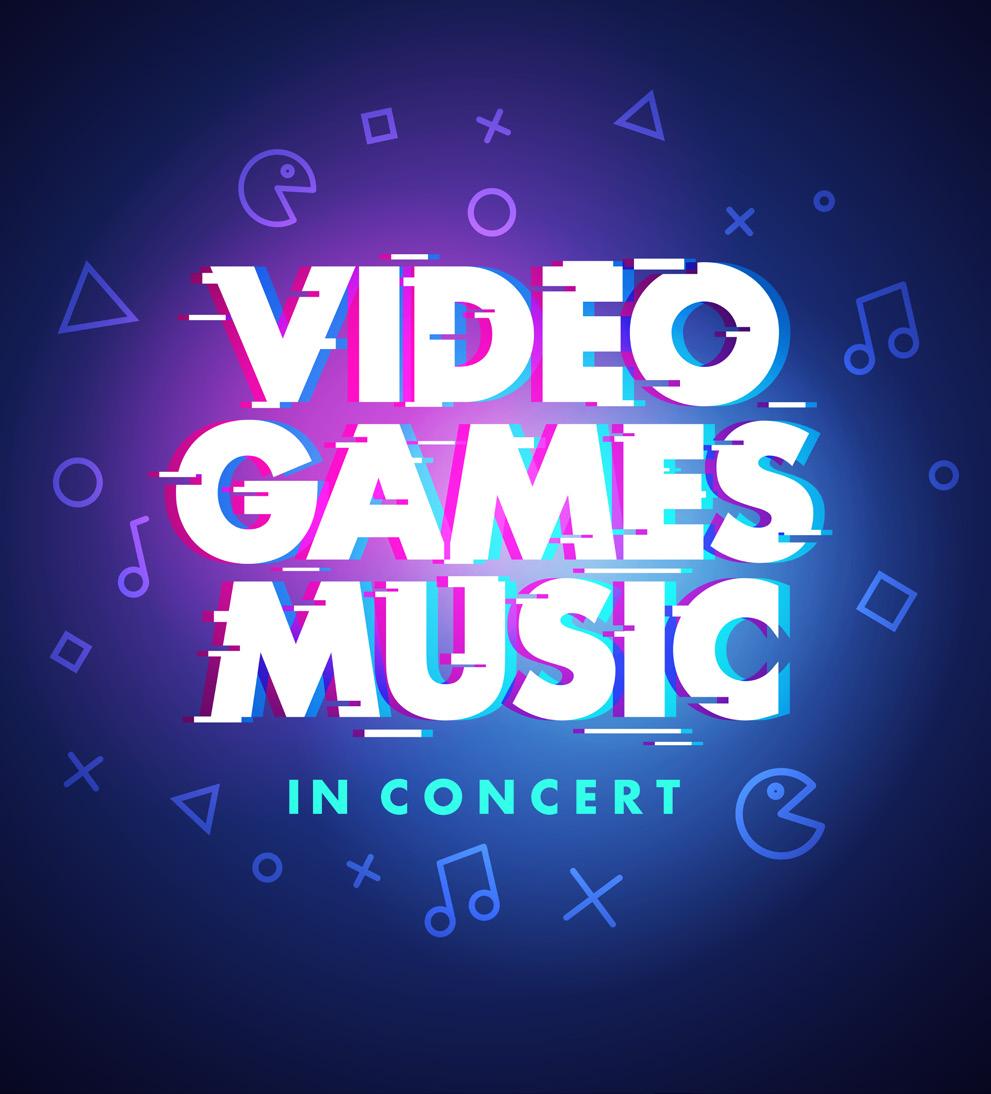
TUESDAY 2 MAY 2023: 7.30PM
GLASGOW ROYAL CONCERT HALL BOX OFFICE 0141 353 8000
WEDNESDAY 3 MAY 2023: 7.30PM
USHER HALL, EDINBURGH BOX OFFICE 0131 228 1155